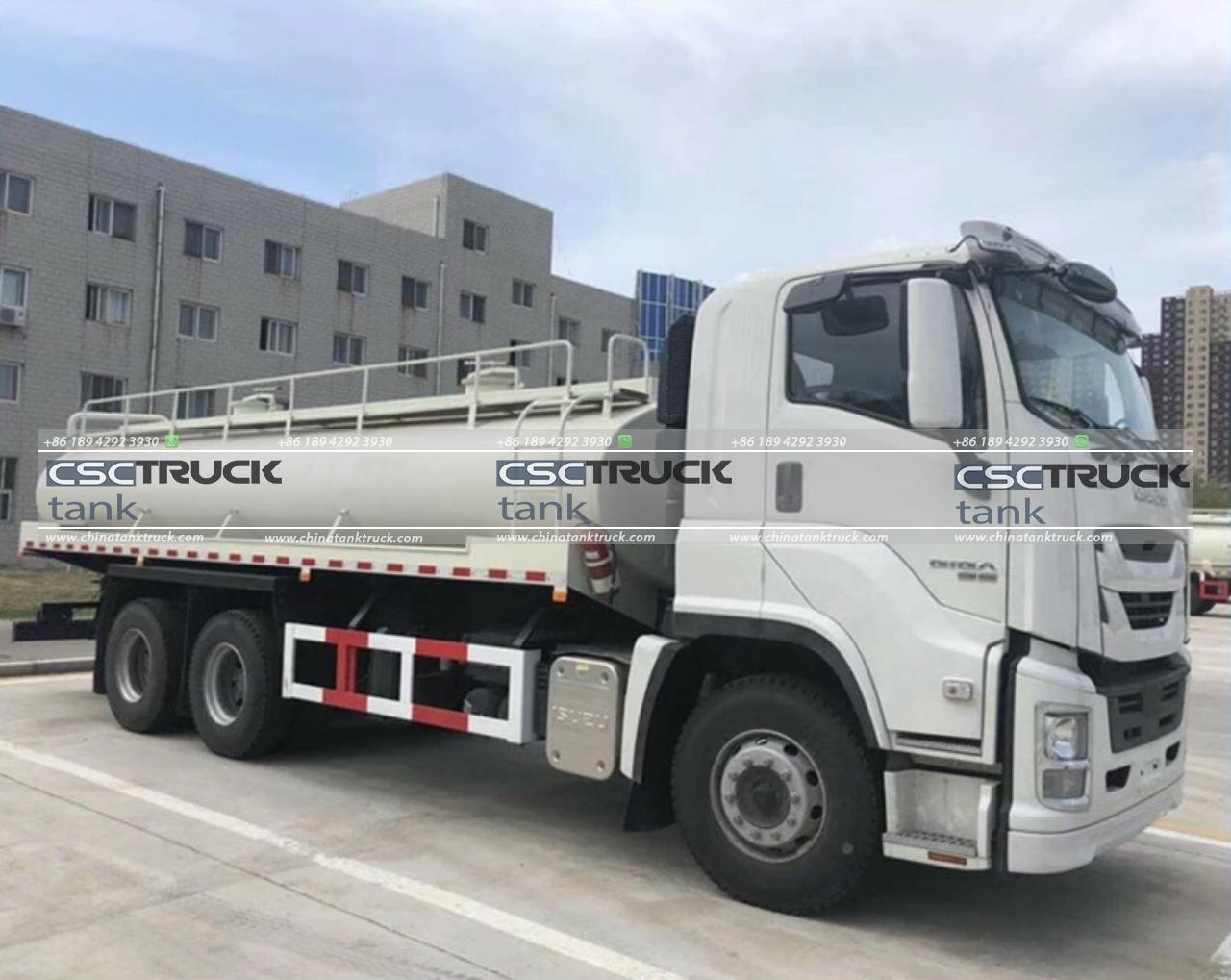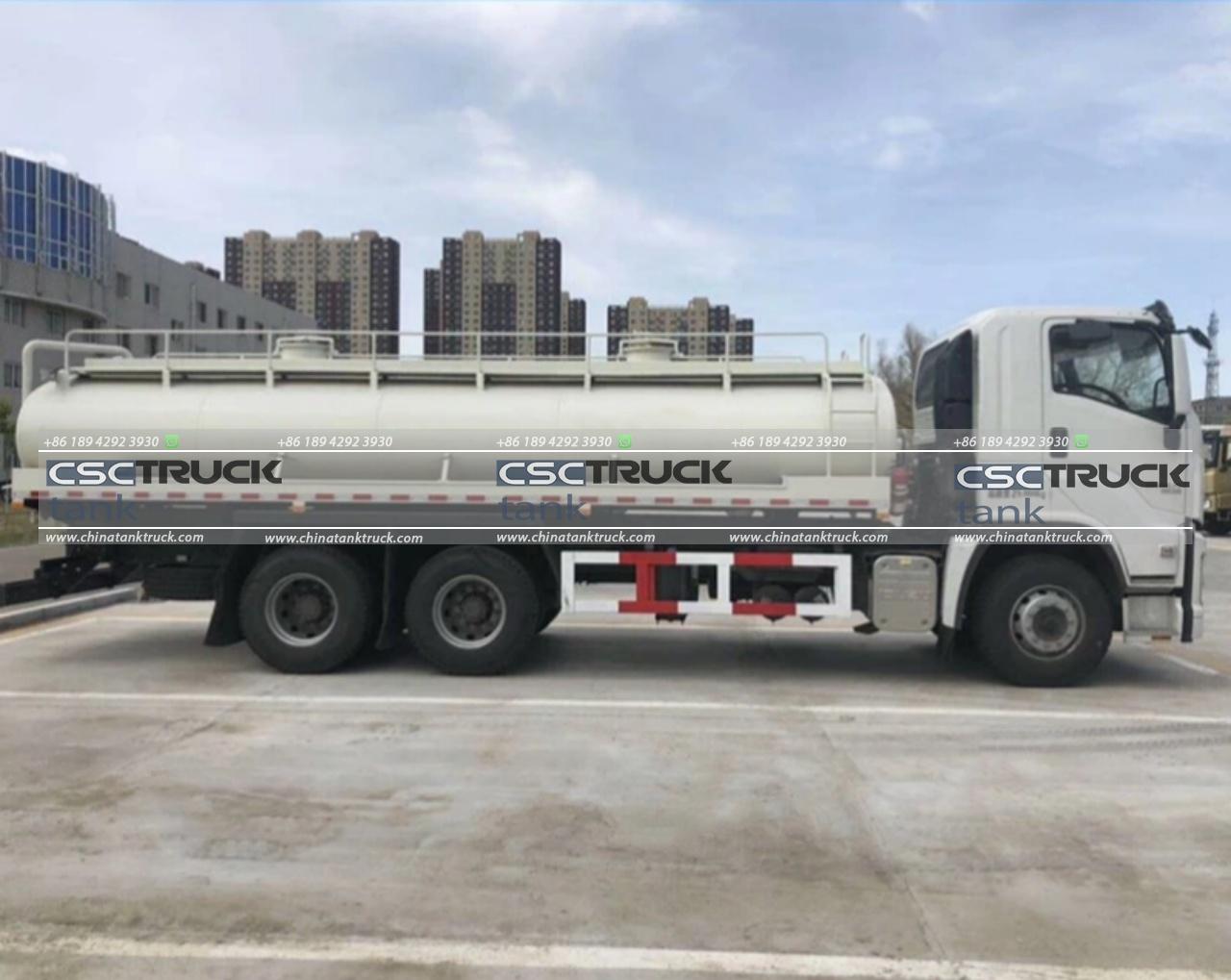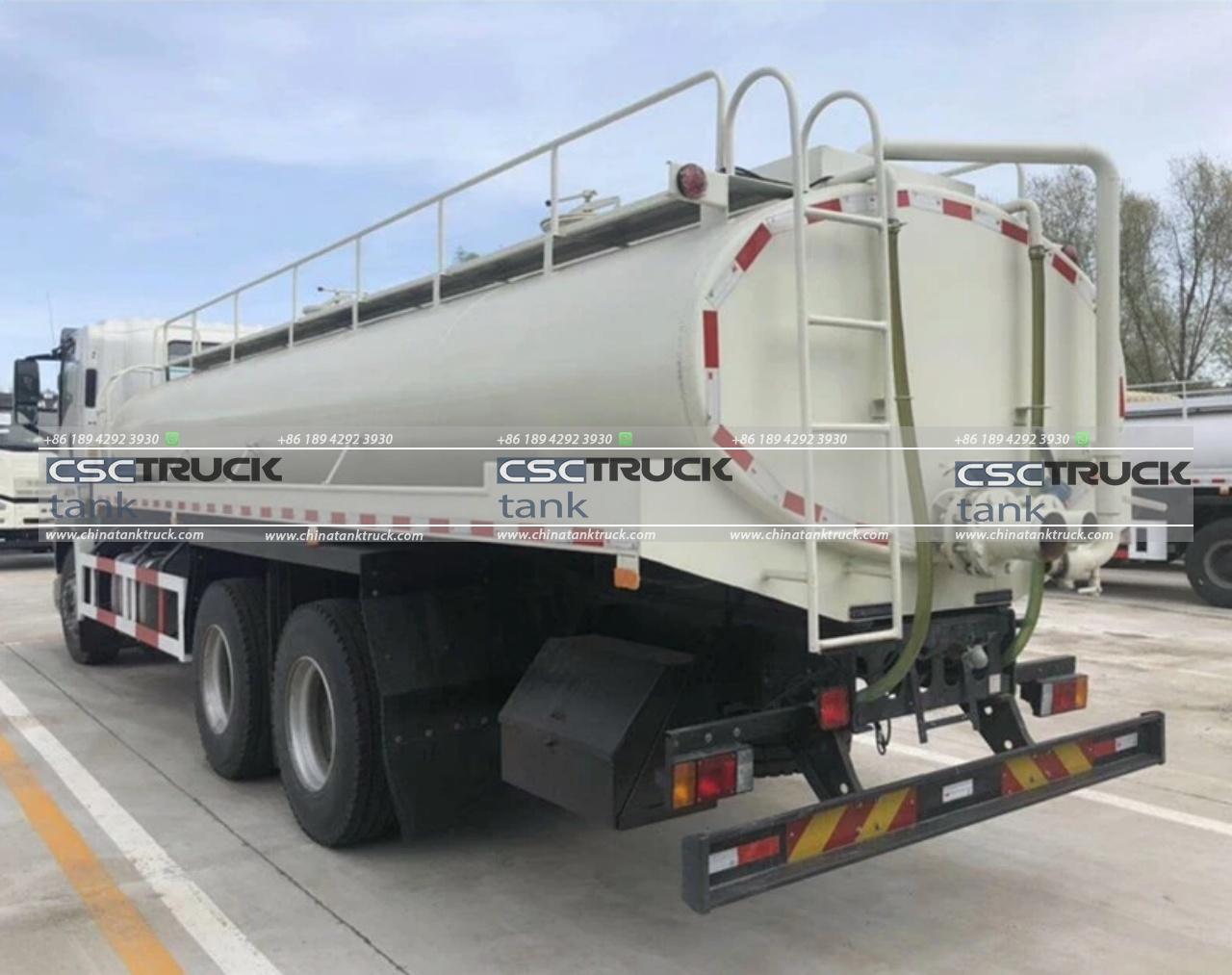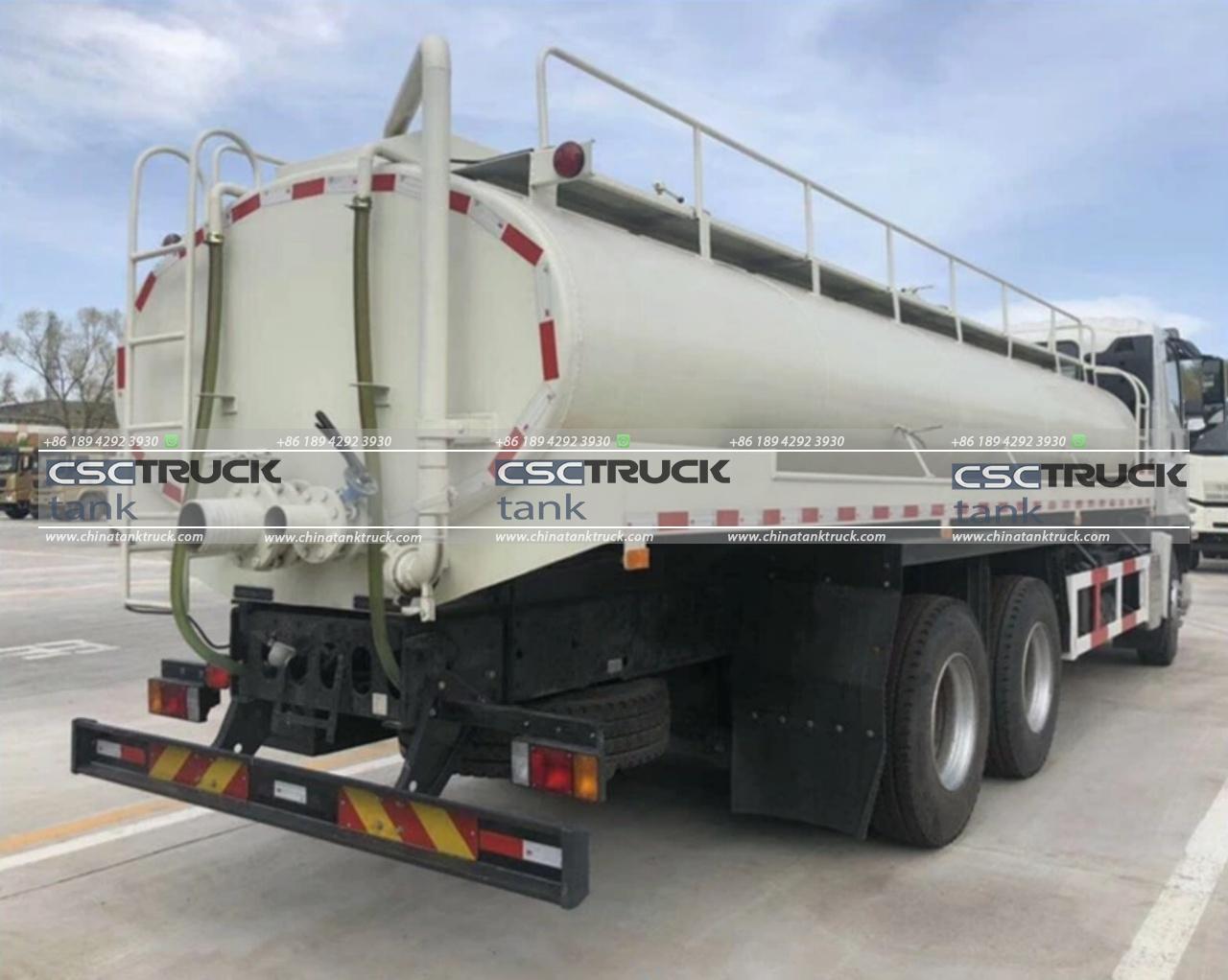What is the Function of a Water Truck?
Water trucks play an indispensable role in various industries, from construction and agriculture to mining and firefighting. These trucks are purpose-built for the safe transport, distribution, and controlled application of water in a variety of settings, including dusty roads, dry fields, and expansive construction sites. While they may look like standard trucks fitted with large tanks, their features and functionality are highly specialized to serve unique purposes across different fields. This article delves into the primary functions of water trucks, examining their design, versatility, and importance in various sectors.
1. Dust Suppression
One of the primary functions of a water truck is dust control. Dust poses a significant hazard on construction sites, mines, quarries, and even unpaved rural roads, creating safety and visibility concerns. When large vehicles or machinery operate on dry surfaces, they stir up dust clouds, which can reduce visibility, impact air quality, and affect equipment and worker health. By distributing a controlled amount of water over these surfaces, water trucks help suppress dust, making the work environment safer and more comfortable.
In the construction industry, dust control is not just a matter of safety but also a regulatory requirement. Authorities often mandate strict air quality standards, and failure to manage dust can lead to fines, work stoppages, or even project shutdowns. Water trucks equipped with spray bars, hoses, and misting systems can uniformly cover large areas, ensuring that dust levels remain within acceptable limits. This function is essential for worker safety, environmental protection, and regulatory compliance.

2. Soil Compaction
Water trucks are also essential in construction and road-building projects for soil compaction. Before laying asphalt or concrete, the ground must be adequately compacted to provide a stable base. Water trucks spray water on the soil to reach the optimal moisture level required for compaction, as dry soil is difficult to compact effectively. Proper soil compaction ensures the longevity and stability of roads, bridges, and other infrastructure projects.
By applying water evenly to the soil, water trucks prevent the formation of air pockets and improve soil density. The amount of water applied is carefully controlled, as too much water can lead to soil instability, while too little can result in weak compaction. This precision helps construction projects adhere to engineering standards, reducing the risk of structural failures or costly repairs in the future.
3. Firefighting Support
While dedicated firefighting trucks are typically used to combat active fires, water trucks play an important supporting role, especially in rural or remote areas where water sources are scarce. In wildfire-prone regions, water trucks are often deployed to create firebreaks, which are strips of land cleared of vegetation and soaked with water to slow the spread of fires. By dousing vegetation along firebreaks, water trucks help prevent fires from advancing, protecting communities, infrastructure, and natural habitats.
Water trucks can also be deployed as a supplemental resource during firefighting efforts to provide additional water supply. Fire trucks and helicopters may use up their water quickly, and having a water truck on standby helps ensure a steady supply for continuous firefighting operations. Their large tanks and easy mobility make water trucks a flexible option in emergency scenarios, allowing firefighters to operate with a reliable water source even in challenging environments.

4. Agricultural Irrigation
In agriculture, water trucks serve as mobile irrigation systems, especially in regions facing water scarcity or with limited access to traditional irrigation infrastructure. For small farms, pastures, or orchards, water trucks provide an efficient way to deliver water directly to crops or livestock in areas where piping systems are impractical or too expensive to install.
By using water trucks, farmers can control the amount and timing of water distribution to meet the specific needs of their crops. This precision is crucial in preventing overwatering, which can lead to waterlogging and soil degradation, and under-watering, which can stunt crop growth. During drought conditions, water trucks serve as a critical resource, providing much-needed water to sustain crops and animals when natural water sources run low.
5. Dust Control and Road Maintenance in Mining and Quarrying
Mining and quarrying are 2 industries where dust control is critical, given the high levels of dust generated by extraction, drilling, and transportation activities. In these industries, water trucks play a vital role in managing dust and ensuring road safety for heavy equipment operators. By wetting haul roads and other areas within mines or quarries, water trucks reduce the spread of dust and minimize the risk of respiratory health issues for workers.
Water trucks in the mining sector are typically designed to withstand rugged terrain and can hold larger volumes of water than standard trucks. This capability allows them to operate efficiently in remote locations and carry enough water to cover large areas, reducing the need for frequent refilling. Moreover, by keeping mining roads in good condition, water trucks help prolong the lifespan of equipment tires, reduce maintenance costs, and improve overall productivity on-site.

6. Event and Landscape Support
In urban and recreational settings, water trucks support landscaping and event management. They’re commonly used to water large grassy areas, gardens, or sports fields where irrigation systems may be inadequate. In parks, golf courses, and other outdoor venues, water trucks provide the flexibility to reach areas that might otherwise be difficult to maintain, ensuring a lush and healthy landscape.
For outdoor events like concerts, festivals, or fairs, water trucks are often employed to maintain the grounds and control dust, especially in warm or dry climates. Additionally, they provide water for sanitation purposes, filling temporary sinks, restrooms, or other facilities needed for large gatherings. This versatility makes water trucks a valuable asset for event organizers seeking to create comfortable, clean, and safe environments for attendees.
7. Emergency Water Supply
Water trucks also serve as a reliable emergency water supply in times of natural disasters or infrastructure failures. During events such as earthquakes, hurricanes, or power outages, water trucks can supply clean water to communities and relief efforts. They deliver potable water to areas where municipal water systems are damaged or where access to clean water is otherwise limited.
In some cases, water trucks are equipped with filtration systems to provide safe drinking water. This function is especially critical in disaster-prone areas, as it helps prevent waterborne illnesses and supports the health and well-being of affected populations. Municipalities, non-profits, and government agencies often maintain fleets of water trucks as part of their emergency response plans, ensuring that clean water can be delivered promptly to those in need.

Conclusion
Water trucks are versatile and essential vehicles that fulfill a range of functions across various industries. From dust suppression and soil compaction to firefighting support and emergency water supply, water trucks provide vital services that enhance safety, productivity, and environmental stewardship. Their unique design, featuring large-capacity tanks, spray bars, hoses, and distribution controls, allows them to deliver water efficiently in settings where fixed systems are either unavailable or impractical.
In the context of modern challenges such as water scarcity, urbanization, and climate change, water trucks offer a flexible and sustainable solution for water management. They enable industries to operate more safely and efficiently while helping to meet critical needs for water in agriculture, construction, mining, and disaster response. As demand for these vehicles grows, water trucks will continue to evolve, adapting to meet the needs of diverse and dynamic sectors.

